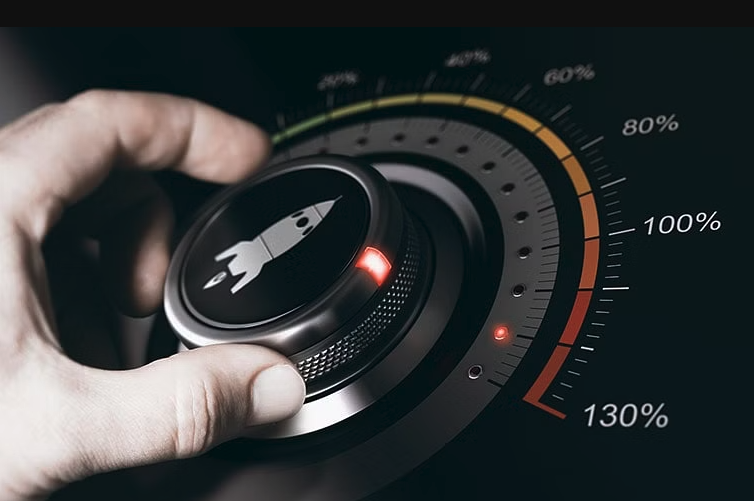A performance problem (and a solution!)
There is a saying among those who work with code”When it comes to code optimization, never do code optimization!” of this same saying there is a following version that states “As far as code optimization is concerned, don’t do code optimization NOW”. The idea behind these sayings is to not waste time and effort doing code optimization when, most likely, you have not yet identified whether you need it and whether what you are optimizing is crucial.
When it comes to code optimization, never do code optimization
A typical example is minifying javascript and css files, zipping the html code of a page to reduce its size, but then someone comes and publishes an 80 Mega non-optimized image. So even if you saved 5Kb of files, the 80Mega image destroys everything.
As regards the radio website, www.radiocittaperta.it, I have never found myself in the situation of having to optimize something: the dedicated hosting, the caching solutions implemented within the CMS in use, the manageable traffic, have never shown bottlenecks of the case.
However, there is one feature that has given us a hard time: the site updates in real-time the title of the song on air, the image associated with that song, and the program on air. This information is spread across different sources: the title comes from the streaming provider, the broadcast program is stored on the site’s database, and the image is saved on the site’s hosting by taking it from Spotify’s API. To ensure that the information is constantly updated, the site (but also the app) does is call an endpoint to receive updated information every 3 seconds. I guess there are more modern and optimized ways to do this too, but good old polling has worked for years and I know it quite well.
The problem of calling an API every 3 seconds from the browser is not so much in the call, but this call brings with it the whole context including the database and, for each call, a query is made to know which program is on air. It’s not deadly, but if there are several of us on the site, and everyone is still listening and seeing the page, this means that for each user, every 3 seconds, a connection is pulled up and a query is made. And this isn’t very good, it slows down the site and (sometimes) makes it inaccessible with an error like “MOD_FCGID: CAN’T APPLY PROCESS SLOT PHP“
How is this problem solved?
There are numerous solutions: you could think of using a fast database, for example, a NoSQL, or creating an optimized table on the MySql database, but I preferred to use the knowledge I acquired during a conference in Germany. There I listened to a talk in which it was said that, despite a general mistrust, the use of text files is often the best solution and also the fastest. This is because hard drives and ways of accessing information kept as files can also be very, very fast. For this I set up the creation of a local cache file, with the information saved as text, the information is formatted like this:
{
title: "KATZENJAMMER con MIRO BARSA",
thumb: "https://www.radiocittaperta.it/wp-content/uploads/2020/09/KATZENJAMMER-IMAGE.png",
show_podcastfilter: "katzenjammer",
url: "https://www.radiocittaperta.it/shows/katzenjammer-con-miro-barsa/",
day: 4,
start: "10:00",
end: "12:00",
category: "0",
song: "Pink Floyd - Whish you were here",
cover: "https://www.radiocittaperta.it/wp-content/uploads/2020/09/wish-you-were-here.png"
}
How do you handle updating the title or program on air?
For the title the thing is quite simple: when the speaker updates the title, then the cache file on the site is also updated. This is because the title of the song on air does not come from a magical place, but is inserted manually by the speaker on duty, at each song change. For the program on air, however, I used WordPress cron, which runs the query every 15 minutes and updates the file with the real data. 15 minutes is a reasonable time and then, basically, the idea is that broadcasts change at the hour o’clock, or (at most) on the 30th minute. So every 15 minutes is more than enough.
How do you read the information?
This is very easy, with an ajax call directly from the site (or with a call from the app) the static file is requested, for example like this:
var proxyURL = "https://www.radiocittaperta.it/mystaticfile.json";
jQuery.ajax({
type: "GET",
cache: false,
url: proxyURL,
async: true,
dataType: "json",
success: function(data) {
applyTitle(data)
},
error: function(e) {}
})I won’t go into the merits of the basic applyTitle function, which takes care of updating the title, image, and broadcast.
 Italiano
Italiano